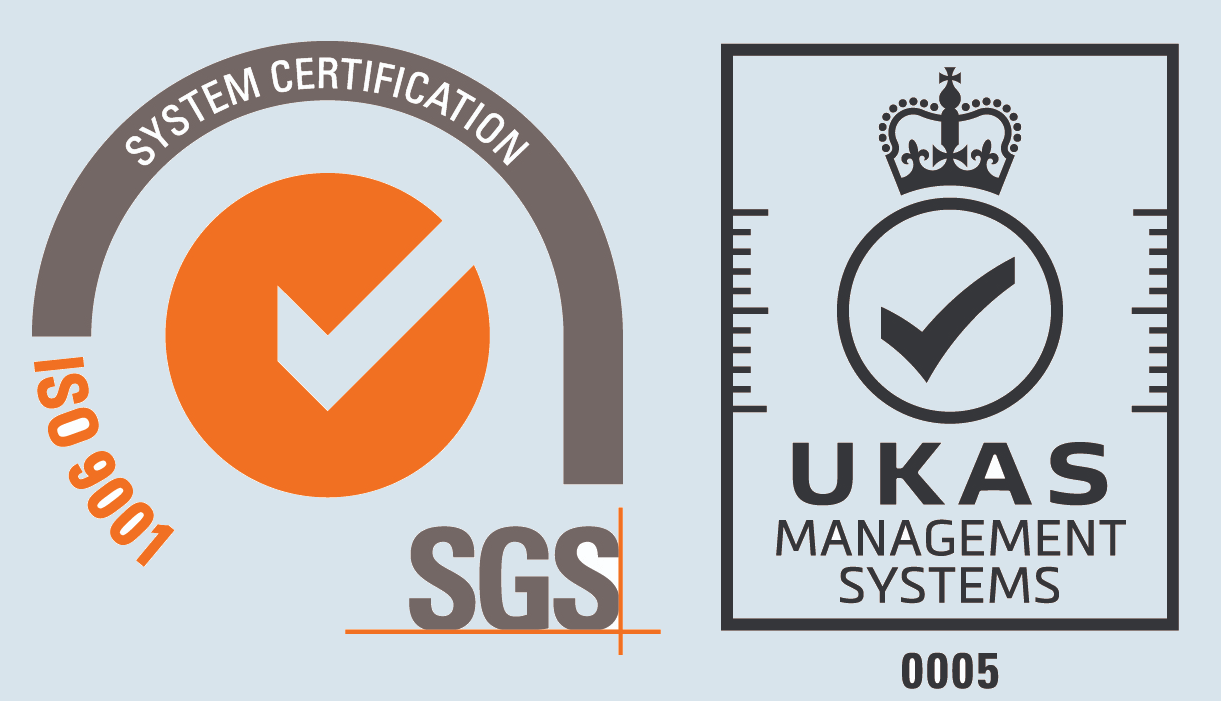
Aluminium Metal Glossary
Partial Annealing
Thermal treatment, after cold working, of a work-piece to reduce its strength to a controlled, but not fully softened, level.
Percentage Elongation after Fracture (A)
The gauge length elongation after fracture expressed as a percentage of the original gauge length.
Peripheral Grain Band, Peripheral Coarse Grain
An effect shown in extruded products and also forgings made from extruded stock. It is an area of recrystallised grains at the periphery which has lower properties than the non-recrystallised core.
Pick-up
Irregular surface roughness or damage caused by adhesion and subsequent fracture or tearing between the forming tools and the work piece.
Pips, Pip Marks, Pip Lines, Ident Pips
A marking on an extrusion (on a non-visible surface) placed there by the extrusion mill’s die to allow the mill to identify extrusions produced by that mill.
Pitting Corrosion
Non uniform corrosion of the surface that causes small pits or craters to develop.
Plate
A hot rolled flat product of rectangular section, typically over 10mm thick. Control of surface finish is less rigorous than for sheet.
Porthole Dies
Dies that produce extruded hollow products from solid extrusion ingots. They incorporate a mandrel as an integral part of the die assembly and leave one or two ‘weld’ seams along the extrusions.. Bridge, spider, duo and self-stripping dies are particular types of porthole die.
Powder Coating
Application of an even layer of colour to aluminium extrusions by spraying powdered paint using an electrostatic process then baking on (stove enamelling).
Pre-Ageing
A thermal treatment after quenching and before the end of the precipitation incubation period.
Precipitation Annealing
The heating of a quenched and precipitation hardened work piece for some time at a temperature between the artificial ageing temperature and the solution treatment temperature. It produces significant softening by coalescing the hardening precipitates.
Precipitation Hardening, Age Hardening, Ageing
The second stage in the process (solution treatment and ageing) for those aluminium alloys that respond to heat treatment as a means of increasing their mechanical properties. It entails the precipitation of a constituent from a supersaturated solid solution. The rate of precipitation, and hence ageing, is both temperature and time dependent, with some alloys ageing at room temperature. It is more usual to perform ageing at higher temperatures. It should be noted that routinely operating aged alloys at unusually high ambient temperatures will permit further ageing and even over ageing leading to loss of properties.
Related terms: Aluminium Alloy Classifications
Precipitation Treatment, Artificial Ageing
The thermal treatment of an alloy that increases the hardness and strength by precipitation of constituents from the super-saturated solid solution at above room temperature.
Related terms: Ageing, Age Hardening, Precipitation Hardening
Pressure Test
A hydraulic or pneumatic test for tubes to prove that they material can withstand a specified pressure for a specified time without leakage or rupture.
Proof Stress (Rp)
The stress or applied load which produces a permanent elongation equal to a specific percentage of the original gauge length. In alloys that do not exhibit a yield point it is used as an equivalent to the elastic limit. If a proof stress is specified, the non-proportional elongation must be stated. The most common values used in specifications is 0.2% or 1.0% and the RP symbol used for the stress will be supplemented by an index giving this prescribed percentage of the original gauge length, e.g. RP0.2 = 0.2% Proof Stress
How can we help?
Contact us today to see how Capalex can help
solve your challenges.
 Capital Aluminium Extrusions Limited
Capital Aluminium Extrusions LimitedCleator Moor, Cumbria,
CA25 5QB, UNITED KINGDOM.
